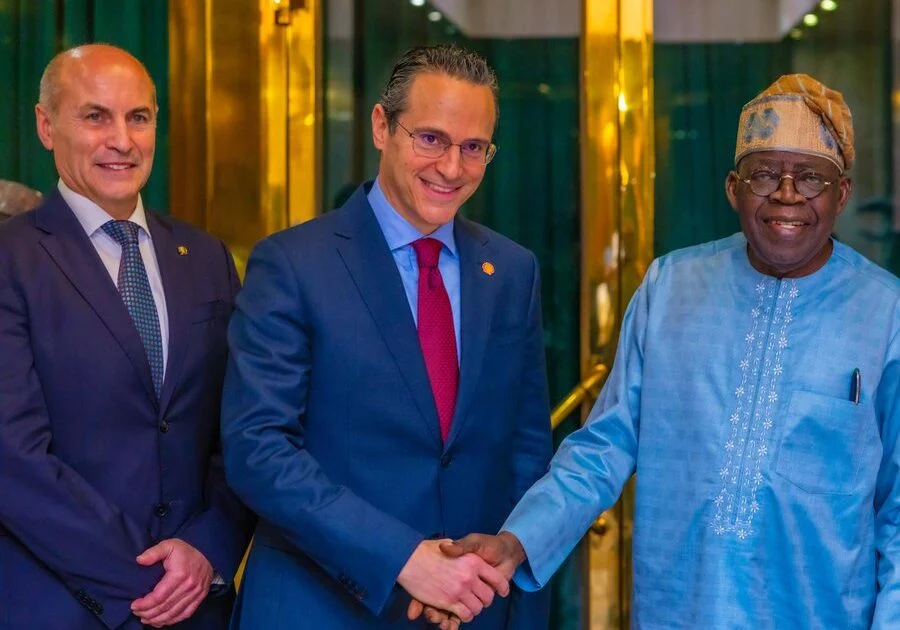Intel has denied allegations that a former TSMC executive, Lo Wei-jen, shared trade secrets with the US chipmaker after joining the company. TSMC, the world’s largest semiconductor chipmaker, filed a lawsuit against Lo, citing a “high probability” that he shared confidential information with Intel. Lo retired from TSMC in July as senior vice president and joined Intel as executive vice president, a move that prompted the Taiwanese firm to take legal action.
According to TSMC, Lo had signed non-disclosure and non-compete agreements, and had initially told the company’s lawyer that he planned to join an academic institution after his retirement. However, Intel stated that it maintains strict policies and controls to prevent the use or transfer of third-party confidential information or intellectual property. The company claimed that it has no reason to believe the allegations against Lo have any merit.
Lo previously worked at Intel for 18 years, contributing to the development of its wafer processing technology. Intel views the situation as a normal part of the industry, where talent movement between companies is common and healthy. TSMC has not commented on the matter, and the case is currently being heard in the Intellectual Property and Commercial Court.
The lawsuit is based on the terms of Lo’s employment contract, non-compete agreement, and regulations such as the Trade Secrets Act. The outcome of the case could have significant implications for the semiconductor industry, where the protection of trade secrets and intellectual property is crucial. As the legal proceedings unfold, the industry will be watching closely to see how the situation develops and what measures companies take to safeguard their confidential information.
In the meantime, Intel has reiterated its commitment to upholding the highest standards of integrity and respecting the intellectual property rights of other companies. The company’s stance on the matter reflects the importance of maintaining trust and cooperation among industry players, even as they compete in the global market. As the semiconductor industry continues to evolve, the need for effective measures to protect trade secrets and promote fair competition will remain a key priority.



